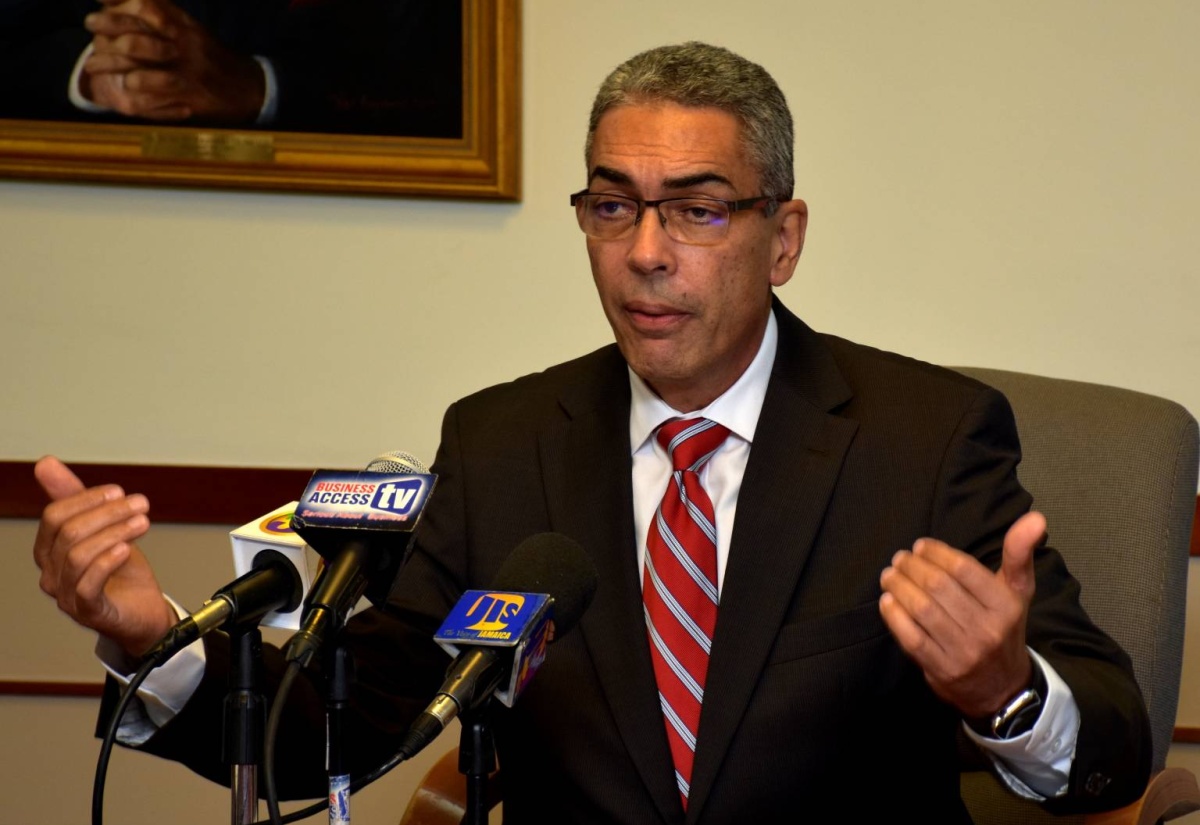Jamaica Remains Ahead of the IMF’s Primary Surplus and NIR Targets
By: , April 13, 2016The Key Point:
The Facts
- Mr. Byles said tax inflows continue to perform well, despite the overall revenue intake of $387.2 billion, at the end of February, being $1.5 billion below target.
- Mr. Byles indicated, however, that capital expenditure which totalled $28.8 billion, and programmes expenditure, which amounted to $123.3 billion, were “almost...on target.”
The Full Story
Jamaica surpassed the International Monetary Fund’s (IMF) Primary Surplus target for the 11-month period, ending February 2016, with the figure totalling $80.1 billion.
This, according to Economic Programme Oversight Committee (EPOC) Co-Chairman, Richard Byles, was $800 million above budget, and puts Jamaica in a “good position” to achieve the $120.7 billion target for the January to March quarter.
Additionally, he says Jamaica’s Net International Reserves (NIR) totalled US$2.4 billion at the end of March, to be “comfortably” ahead of the IMF’s target of US$1.5 billion.
He was speaking during EPOC’s monthly media briefing at Sagicor Life Jamaica Limited’s head office in New Kingston, on Tuesday, April 12.
Mr. Byles said tax inflows continue to perform well, despite the overall revenue intake of $387.2 billion, at the end of February, being $1.5 billion below target.
He indicated that the tax revenue outturn amounted to $354.6 billion, which was $1.5 billion above budget.
The EPOC Co-Chairman said the top performing categories were: company tax, which was $1.9 billion above target; tax on interest which was $1.7 billion over budget; and Special Consumption Tax (SCT), up $1.5 billion.
The underperforming categories included: telephone tax, which declined by $1.4 billion; customs duty, down $1.2 billion; and tax on dividends, which fell by $900 million.
Mr. Byles said grants, which came in $3.2 billion under budget, and bauxite levy inflows which fell $2.4 billion below target, also resulted in the overall $1.5 billion revenue shortfall.
He advised that overall Government expenditure, between April 2015 and February 2016, increased by $1.8 billion, noting that public sector wages were $2.9 billion over budget.
Mr. Byles indicated, however, that capital expenditure which totalled $28.8 billion, and programmes expenditure, which amounted to $123.3 billion, were “almost…on target.”


